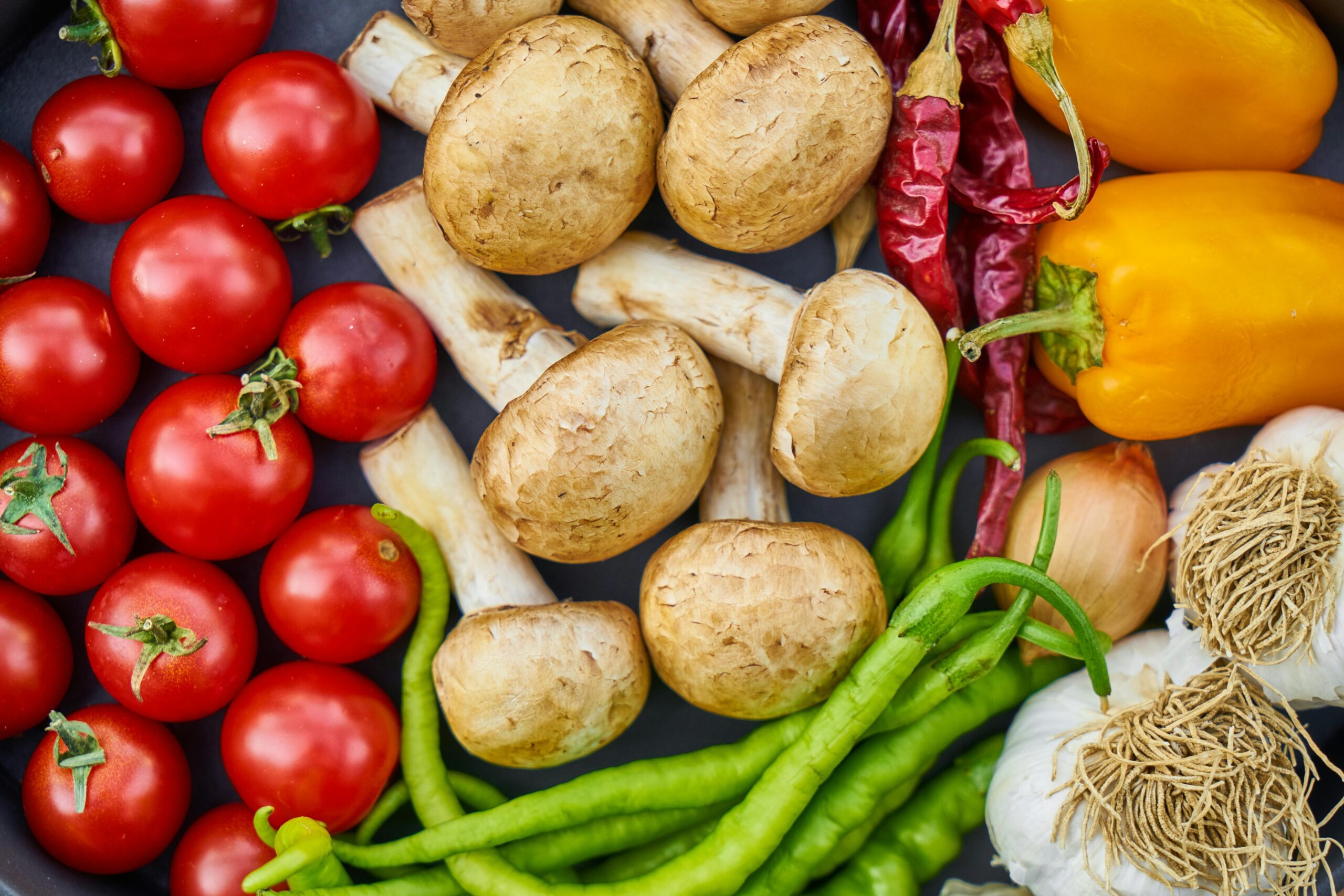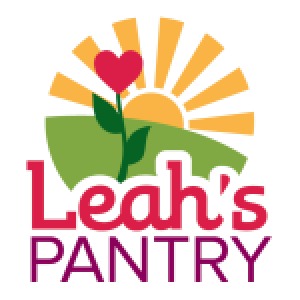Do you work in refugee resettlement and feel unprepared to discuss basic nutrition with newcomers? This blog post is for you! Developed in partnership with Leah’s Pantry, this post offers guidance to help you confidently talk about food and nutrition without being an expert. You will learn ways to support healthy habits in the U.S. while honoring newcomers’ traditional diets.
Understanding the Holistic Nature of Health and Nutrition
It’s essential to recognize that health and nutrition are more complex than simply eating the “right” foods. Many factors affect our health, and some of them are beyond our control, such as access to desirable and affordable food options. Other factors like stress, sleep, and physical activity also play crucial roles. When discussing nutrition with newcomers, consider how these elements interact:
- Stress can affect eating habits and digestion
- Lack of sleep may lead to cravings for less nutritious foods
- Physical activity influences appetite and metabolism
- The ability to obtain food to support an appealing and balanced diet impacts mental and physical health
The key is to take a holistic approach, focusing on achievable changes without causing undue stress. Marketing and health messages in the U.S. can sometimes lead to confusion, judgment, or rigidity over what to eat. Remember to reinforce a diverse and flexible attitude toward food, and keep these points in mind:
- Traditional diets often have inherent nutritional value
- Many cultures already practice health-promoting behaviors
- Nutrition is just one part of overall health and well-being
Ellyn Satter, a renowned expert on healthy eating for families, reinforces this holistic approach to nutrition that goes beyond just what we eat. In the Satter Eating Competence Model, she emphasizes several key points that contribute to overall well-being: enjoying food without guilt or shame, sharing meals with others, nurturing children through family meals, and balancing nutritional needs with pleasure and social connection.
Recognizing Existing Healthy Habits
Newcomers may already engage in health-promoting practices, which you can reinforce. These behaviors may include:
- Following traditional diets centered around whole foods and plant-based eating
- Incorporating physical activity into daily routines (such as walking or biking to most places, playing actively with children, or using the stairs instead of the elevator)
- Cultivating and maintaining strong community and kinship ties, which contribute to health and resilience
- Adhering to cultural observances and spiritual practices, which are important for overall well-being
Addressing Common Challenges
Although many newcomers may want to maintain a health-promoting lifestyle, they often face specific nutrition-related challenges upon resettlement, such as:
- Difficulty finding familiar ingredients
- Confusion about new foods and preparation methods
- Concerns about children adopting “unhealthy” American eating habits
- Limited opportunities for culturally relevant physical activities and spaces for exercise
Here are several ways you can help:
- Use visual aids when discussing nutrition to overcome language barriers
- Organize cooking classes that blend traditional recipes with locally available ingredients
- Connect clients with community gardens to grow familiar vegetables
- Offer information on local markets that sell ingredients for traditional dishes
- Create maps of ethnic food stores in the area
- Discuss ways to incorporate new, healthy options in culturally familiar ways
- Encourage clients to balance nutritional needs with enjoyment and social connection
Another significant challenge newcomers face is obtaining access to the food itself. You can help increase their access by:
- Providing resources on finding free or discounted produce in the local community
- Facilitating access to government programs that promote nutrition and food security, such as the Supplemental Nutrition Assistance Program (SNAP) and Special Supplemental Nutrition Program for Women, Infants, and Children (WIC), as well as Summer Nutrition and SNAP incentive programs (if available in your state)
- Supporting clients in developing skills to identify healthier food options by understanding food labels and recognizing salt and sugar content
Nutritional Health Resources for Newcomers
Here are some practical resources that can help you support the nutritional health of newcomers:
- EatFresh Mini-Course: This self-paced mini-course will teach you more about basic nutrition. The principles of good nutrition can be found in many cuisines—tie in these principles with how people already know how to eat.
- EatFresh.org: This website is a great resource for finding recipes for food that newcomers may be unfamiliar with. Many of the recipes have been co-developed with newcomer and immigrant populations. The website allows you to filter based on meal type (main dish, sides, snacks, etc.), cuisine (kid-friendly, Latino, Middle Eastern, etc.), cooking environment (limited kitchen, no-cook, etc.), dietary needs (vegetarian, gluten-free, low sodium, etc.), and more. The website also has a “Discover Foods” section, which can be used to build your understanding of the foods of other countries, identify alternate names for the food to source it more successfully, and determine suitable substitutions if it is not available locally.
- Be the first to hear about the upcoming webinar on Trauma-Informed Nutrition Education for Newcomer Service Providers with Leah’s Pantry on September 12, 2024, at 2 PM ET. Registration will open in late August. Sign up for Switchboard’s Newsletter to receive the registration information once it is released and mark your calendars.
Conclusion
By adopting these strategies and using the resources provided, you can confidently support newcomers in maintaining their health and well-being as they adjust to life in the U.S. Remember, the goal isn’t perfection, but rather helping clients find a balanced approach to nutrition that respects their cultural norms and works within their new circumstances to meet their food needs without undue stress and worry.









